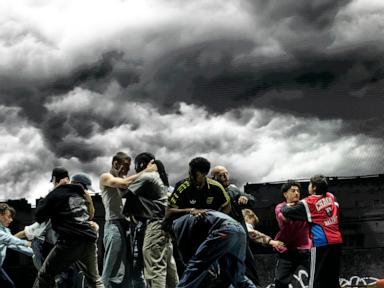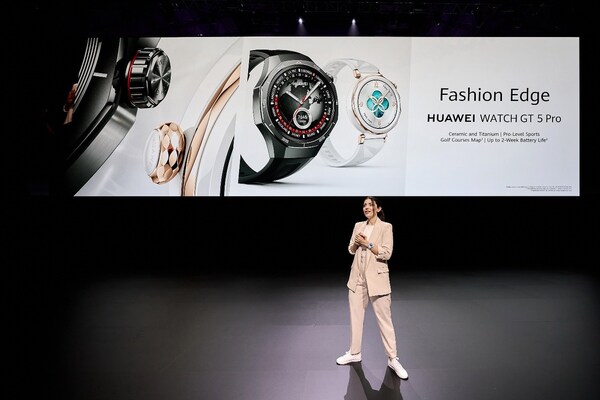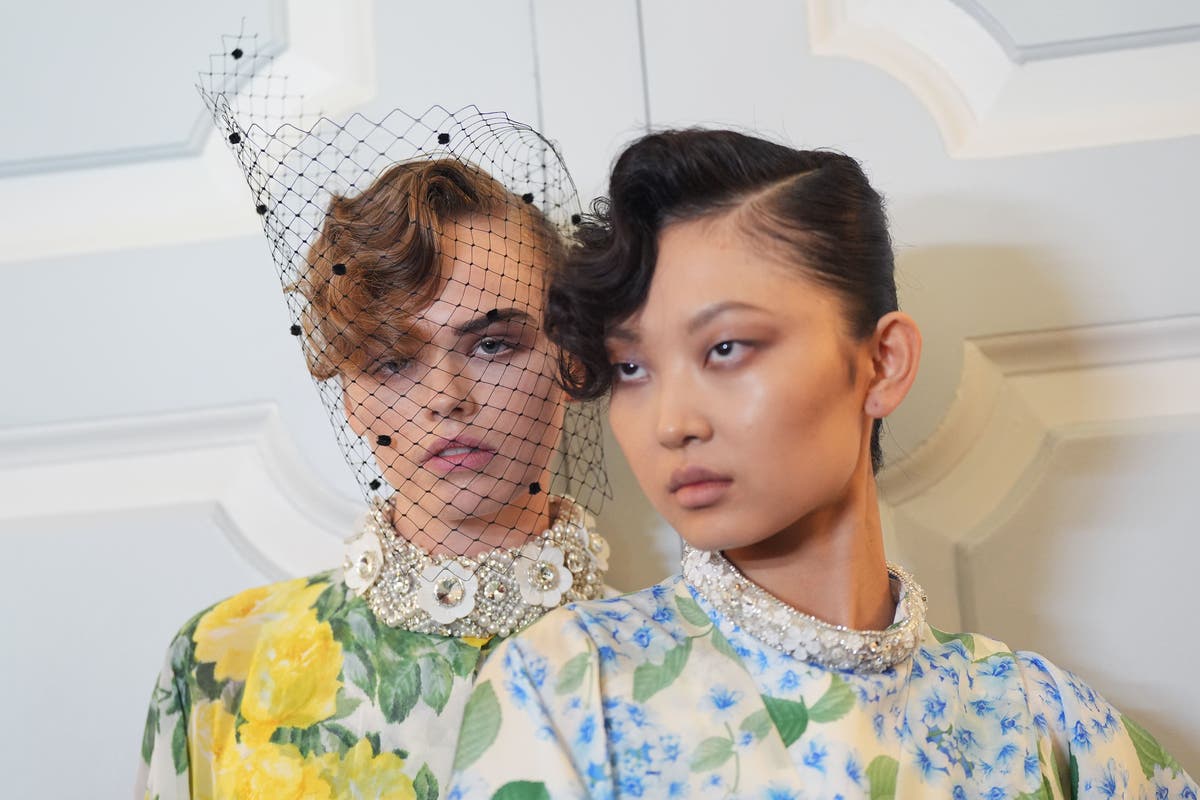Advance Australia Fair played and I felt like a fraud. Ian Thorpe had beaten me by 0.26 seconds to defend his 400-metre freestyle gold in Athens.
The anthem rung out across the pool deck. And while I stood on the dais and sang the words aloud, I knew they weren’t for me. Ian Thorpe and Grant Hackett after winning gold and silver in the 400m freestyle at Athens 2004.

Credit: Craig Golding We have talked a lot about gold medals in the lead-up to the Paris Olympics - and given the strength and depth of this Australian team, why wouldn’t we? - but not everyone will realise their dream over the next week. Sam Short and Elijah Winnington can’t both win the 400 metres freestyle (and will most likely need to set a new world record to overcome Germany’s Lukas Martens), despite the pair being world champions in the event. And one of Mollie O’Callaghan and Ariarne Titmus, both of whom have held the world record, will not occupy the top place on the dais after the 200 metres freestyle.
It has only been in recent years that I’ve been comfortable discussing the impact my silver medals have had on me. Before then, I had well-rehearsed, ready-made answers to anyone who asked me about my Olympic experiences. “They were great!” “I was pumped!” “Winning in front of my home crowd was a dream!” There is some truth in those responses, but only some.
The complete and transparent answer is that, while there is pride in the races I won, I have spent more time over the years thinking about how I should have approached Oussama Mellouli differently in the 1500m freestyle in Beijing, those final ten metres against Thorpey in Athens and the 200m freestyle relay at the same Games. Indeed, I discussed this very topic with my wife last night. Part of this is no doubt specific to me and my tendency to be eternally dissatisfied (I remember breaking Kieran Perkins’ world record by seven seconds in 2001 and telling my coach Denis Cotterell immediately after that I felt like I was dying a bit in my final 500 metres and we should work on it.
“Do you reckon we can just enjoy this for a bit?” he replied). But part of it, too, is the reality of an Olympics meet. You know the eyes of the world are on you, the energy and effort it took to get there and the expectations of everyone inside and outside of your life.
You also know that if you’re just the slightest bit off in those couple of minutes - a missed start, an average turn, a minor injury or illness - none of it amounted to much and you’re four years away from being able to do anything about it. This is the human experience of an Olympic Games. While we will marvel at the world records, celebrate the gold medals and rightly laud the victors, we should also be mindful of the unique journey all our swimmers have taken to Paris and the impact the events of the next week will have on their lives hereafter.
Grant Hackett wins the 1500m in Sydney, with Kieren Perkins collecting silver. Credit: Steve Christo Of course, the Olympics conjure many happy memories as well. They were - and still are - such a big part of my life.
I can’t hear Men At Work’s “Down Under” without being immediately taken back to the pool deck in Sydney because they played it during my victory lap after I beat Kieran in the 1500. I was in the car with my son, Jagger, the other day and it came on the radio. “Dad, this is the song they played for you!” he said.
It never stops being a beautiful memory. Still, for every mountain there is a valley and both are extreme in the context of an Olympic Games. The emotional responses to both are, in many ways, just as profound today as they were in the moment.
I see now that there are two types of silver medals - which no doubt sounds strange at first given they’re the same thing! - but nonetheless reveals the psychology of many Olympic athletes, myself included. There are the silver medals you attain when you’re ranked maybe fifth or sixth in the world and perform above your expectations. They feel like success.
There’s peace in those results. Then there are the failures; the races you expected to win, had chances to win, but didn’t. Those silver medals hurt, then and now.
Daniel Kowalski felt that pain after Kieran beat him from lane eight in the 1500 in Atlanta and I experienced my own version of it in the same event 12 years later. I didn’t even think about Mellouli in Beijing. He was there, but not quite there, if that makes sense.
I was in lane four for the final having set an Olympic record in the heats and thought only of the guys either side of me as my real competition. I looked at them the whole way thinking we were well ahead of the field. And when I broke them with a couple of hundred metres to go, and noticed someone in my peripheral vision over in lane seven, I thought, “I must be lapping him.
” I wasn’t. Mellouli beat me by 0.69 seconds.
I was more than two seconds slower than my heat time. It was my last ever Olympic race. I have spent far too long thinking about those 14 minutes, 41 seconds and 53 microseconds through the years but, upon reflection, I understand that Beijing taught me a valuable life lesson: to never underestimate anyone and always, always expect the unexpected.
I haven’t made that mistake again. This week, a new generation of Olympic swimmers will create lifelong memories in just a few minutes (or less). They will experience a unique level of intensity, adrenaline and emotion the likes of which they have never experienced before and never will again.
Here are three personal experiences that might resonate with them: I’m so excited for Paris. So many memories and emotions, positive and negative, come flooding back. I look at the likes of Sam and Elijah, Ariarne and Mollie, and think of all the experiences that lie ahead of them.
For some, there will be victories to celebrate. For others, like my Athens moment with Thorpey, there will be defeats to lament. Either way, they are experiences that will stay with them forever.
And that’s what makes this the greatest sporting spectacle in the world. Grant Hackett will appear as a Swimming expert on Stan Sport’s daily Olympics shows. Stan Sport is the only place to watch the Day 1 Swimming action from Paris 2024 ad-free, live and on demand in 4K from 6:55pm AEST Sunday.
.



















